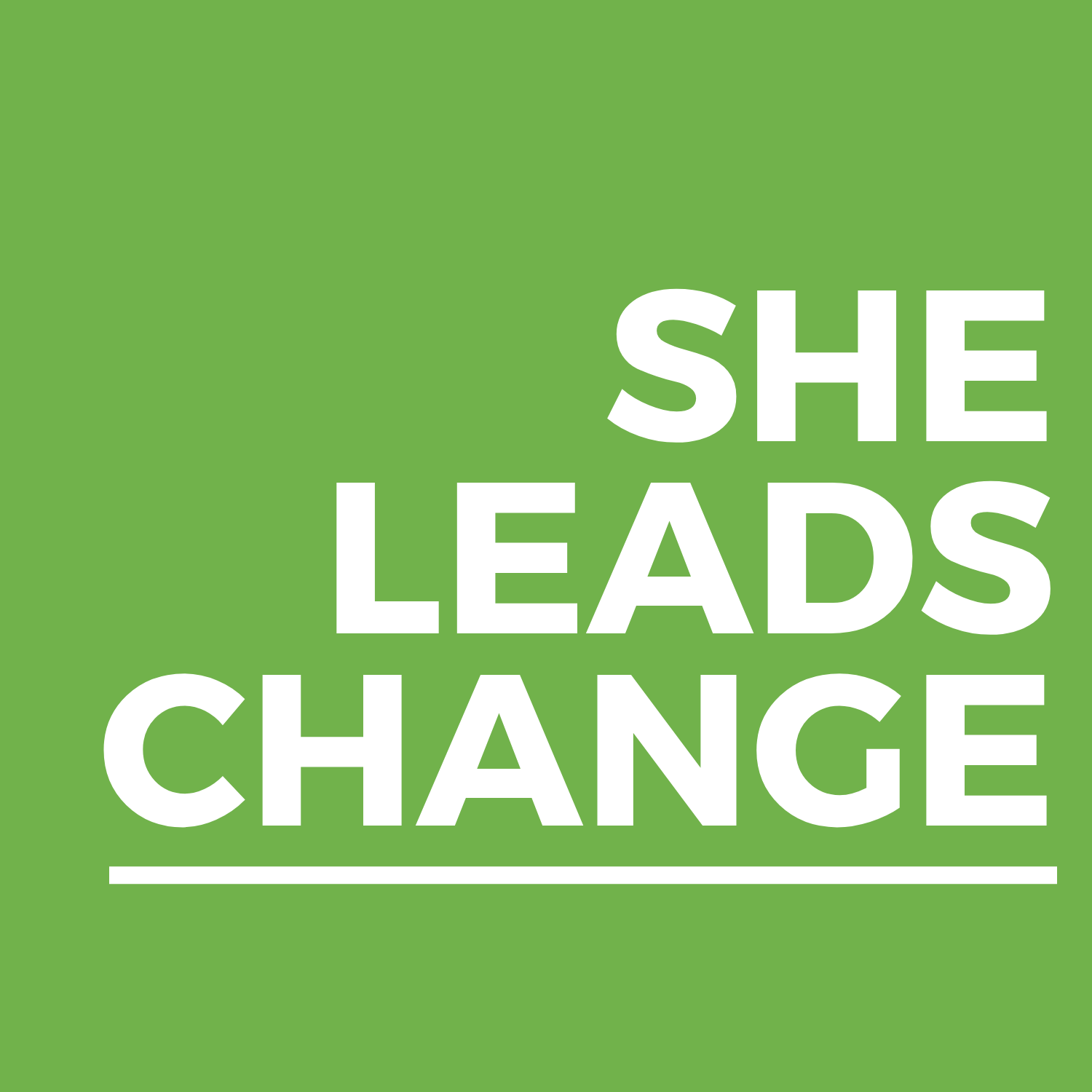Jacqueline Lim, our partnerships lead, on why we need to focus on collective impact for health and wellbeing.
Health and wellbeing have been dominating the headlines. Mental health in the workplace and across wider society, the crisis around air pollution in our cities, and the devastating effects of malnutrition in regions troubled by changing climates and intensive farming are just a few of the issues we face.
“Good health and wellbeing” is the third of the 17 Sustainable Development Goals (SDGs) and is ambitious in its goal to: “ensure healthy lives and promote wellbeing for all at all ages”.
Achieving SDG 3 requires us to take a connected, systems approach as:
- Health is both symptom and cause: Many factors – from the air we breathe, the food we eat, our work environments, loneliness, even stress induced by the climate emergency – affect our health. And health in turn affects all spheres of life – our ability to access education, our livelihoods, etc.
- Health and wellbeing is mutually reinforced across nested systems: From individuals, families, communities, businesses, economies to our biosphere, positive (and negative) actions have a reinforcing ripple effect on other systems.
- The potential for connected impact across varied organisations is huge: Health and wellbeing is no longer just the domain of health organisations like the WHO, the NHS, or medical companies on the frontline. Diverse organisations across sectors too are all part of the wider health and wellbeing ecosystem. There is potential for connected impact at the level of employees and others across supply chains, customers and other service users, as well as citizens in both urban and rural settings.
It also requires a collective approach to creating impact. Leaders need to “look above the parapet” of their domain expertise, their department, their organisation – even their industry and sector. They also need to make sense of complexity from others’ perspectives. They need to imagine new possibilities and co-create an emergent future with others.
As Nesta put it at Nesta Health 2019 – The Future of People Powered Health: Reimagining Leadership:
“… It’s time to reimagine leadership in health. With the growing complex challenges we now face in health and care, top-down approaches to leadership are not enough. In fact, they are holding us back. We must be bold and innovative to expand our approach to leadership. We need to champion approaches that empower people to lead during times of uncertainty and to create a shared purpose.We need to embrace leaders from different vantage points, and approaches that bridge organisational boundaries.”
Fundamentally, we need leaders who are able to bring their real, authentic, best selves – able to step up and take responsibility for the change they wish to see – and not be limited by self-imposed barriers. This is at the core of our Open Programme at She Leads Change.
The Collective Impact Programme – being, doing, and connecting.
In November 2019, our Collective Impact Programme will launch with the goal of deepening impact in specific thematic areas – health and wellbeing being the first. We will expand the programme focus on the “ways of being” and include the exploration of new “ways of doing”. The programme aims to develop capacities for connected, system-focused and collective leadership.
Participants will be asked to bring on board the programme a personal challenge and a professional challenge – the latter related to the theme of health and wellbeing. Following the 6-month programme, they will leave with an action plan that they can take forward as well as a whole community of other changemakers working alongside them.
An invitation to partner with us
She Leads Change is looking for other partners to join the likes of Pearson and others whose employees will be part of the first cohort of the Collective Impact programme working together and modelling the collective leadership required to create deeper, more sustained impact, in health and wellbeing.
We are also looking for individuals and organisations who would like to support us in this journey.
If you would like to get involved, in the programme, or have ideas for future impact themes we should work on, let’s have a conversation! Get in touch with Jacqueline Lim.
